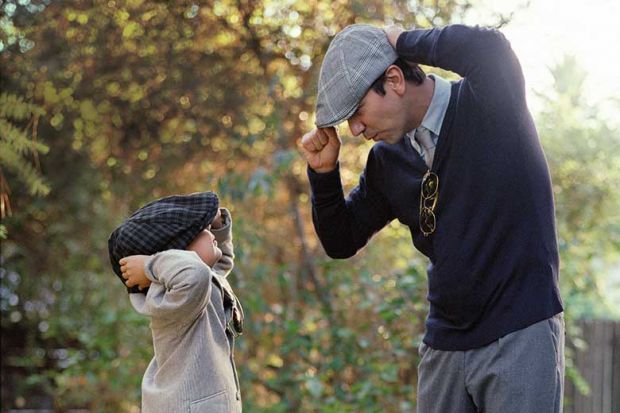Who is Robert Plomin? In Blueprint, he reveals that he has a polygenic score for educational attainment in the 94th percentile, and that this is what is most unusual about his DNA. It suggests that he is above all but a twentieth of his fellow human beings in his hereditable propensity to do well at school.
That may be so. He is certainly persistent and determined, but how much do our genes matter?
Plomin suggests that it does not matter which school you go to. It is your genes that count, and they matter so much that British “students would have been as likely to be accepted by the best universities if they had not gone to a selective school”. When it comes to school effects, he says, there are almost none. A child who is selected to study at Eton has no greater or lesser chance of going to university than that same child would have had if they had been adopted at birth by the poorest of families and attended a non-selective state school.
How does Plomin reach his conclusions? He writes a great many papers. In a recent one, central to this book and co-written with Toby Young and others, he concludes that the genetic differences between children who attend different types of schools are all indicative of greater inherent ability among the children attending selective schools. However, the criterion for attending private schools is ability to pay, and there are many such schools in the UK for children who do not pass the entrance tests for the more prestigious selective ones. Plomin may have found something, but it is far from clear what he has found.
This book tells the reader a great deal about Plomin himself and his life’s work. At one point, he was ready to give up; he just could not find what he was looking for. None of the genetic work he was involved in was confirming any of his earlier findings from twin studies. And then, towards the very end of his career, he turned to the “brute force strategy of ever-larger samples to detect ever smaller effects” and “it paid off”. But all the effects discovered so far are tiny in comparison with those suggested by twin studies, being roughly a whole order of magnitude smaller (explaining 5 per cent rather than 50 per cent of the variance). Plomin believes that as new results come in, his original early studies will be vindicated. Hidden away in the conclusion to Blueprint is the admission: “Right now, the tide falls far short of the high-water mark of heritability, in part because the specks of gold dust are so small they are difficult to find.” But, he concludes, “the only way is up”.
There is another way, but Plomin may never accept that the blueprint within all of us is related only tangentially to who we become. What he does explain well in this book is the importance of chance, including the chance that you can have a high propensity to be good at something, be very determined, but take the wrong route and keep taking it. As W. C. Fields once said: “If at first you don’t succeed, try, try again. Then quit. There’s no use being a damn fool about it.”
Danny Dorling is Halford Mackinder professor of geography at the University of Oxford and author, most recently, of Peak Inequality: Britain’s Ticking Time Bomb (2018).
Blueprint: How DNA Makes Us Who We Are
By Robert Plomin
Allen Lane, 288pp, £20.00
ISBN 9780241282076
Published 4 October 2018
POSTSCRIPT:
Print headline: Good genes, bad choices
Register to continue
Why register?
- Registration is free and only takes a moment
- Once registered, you can read 3 articles a month
- Sign up for our newsletter
Subscribe
Or subscribe for unlimited access to:
- Unlimited access to news, views, insights & reviews
- Digital editions
- Digital access to THE’s university and college rankings analysis
Already registered or a current subscriber?








